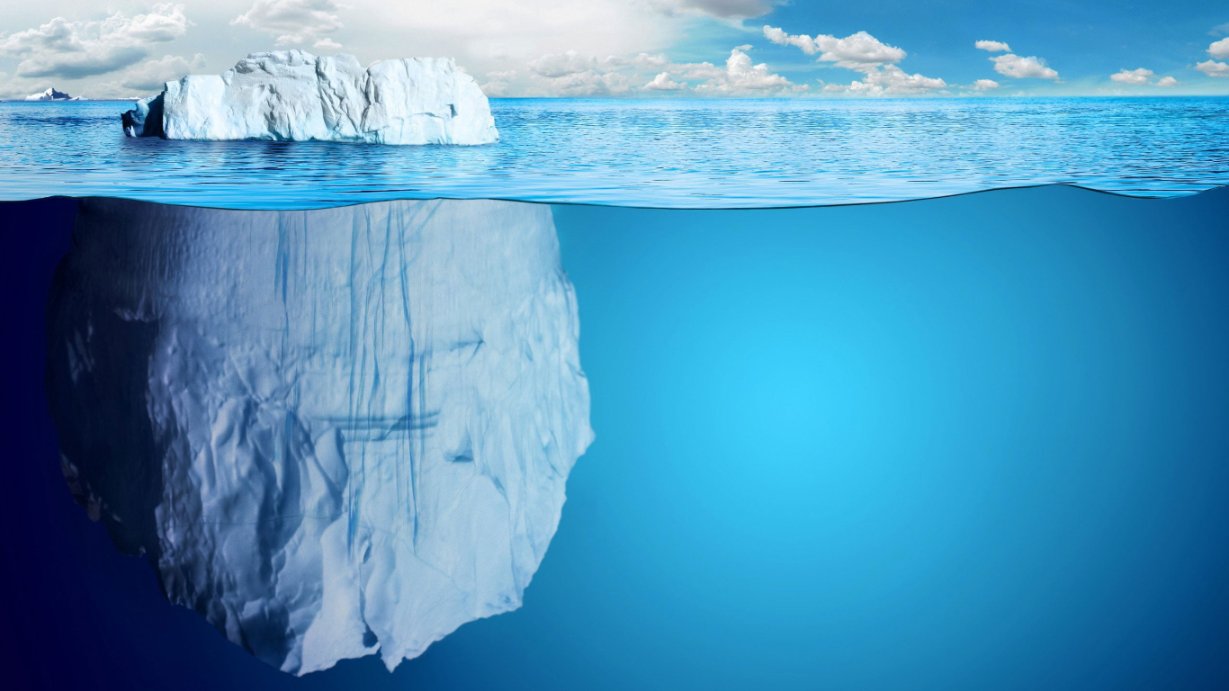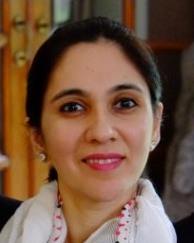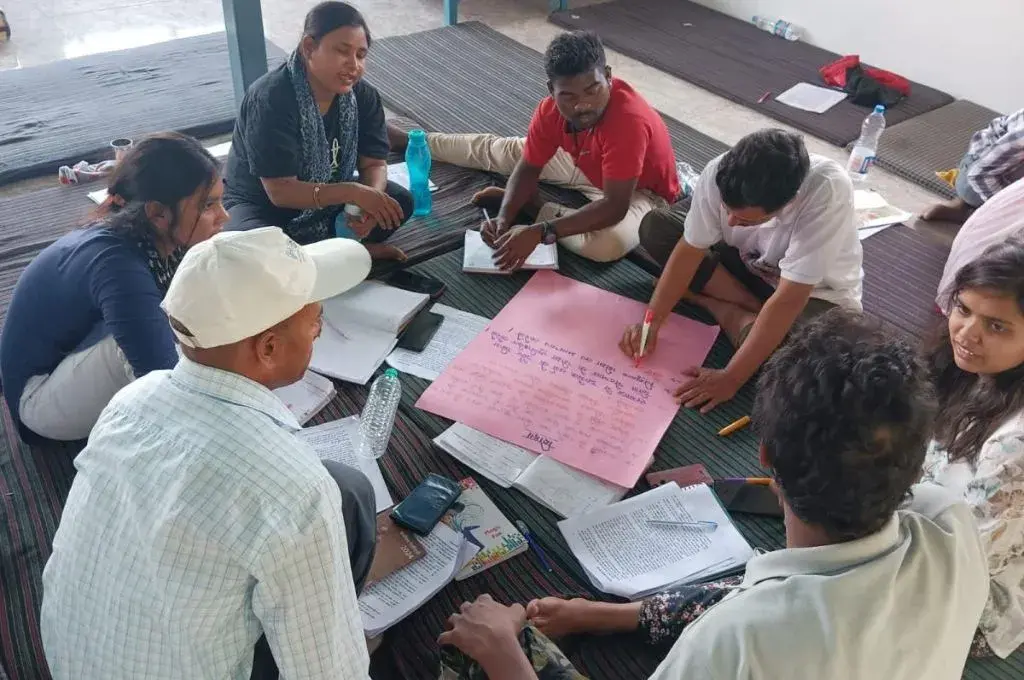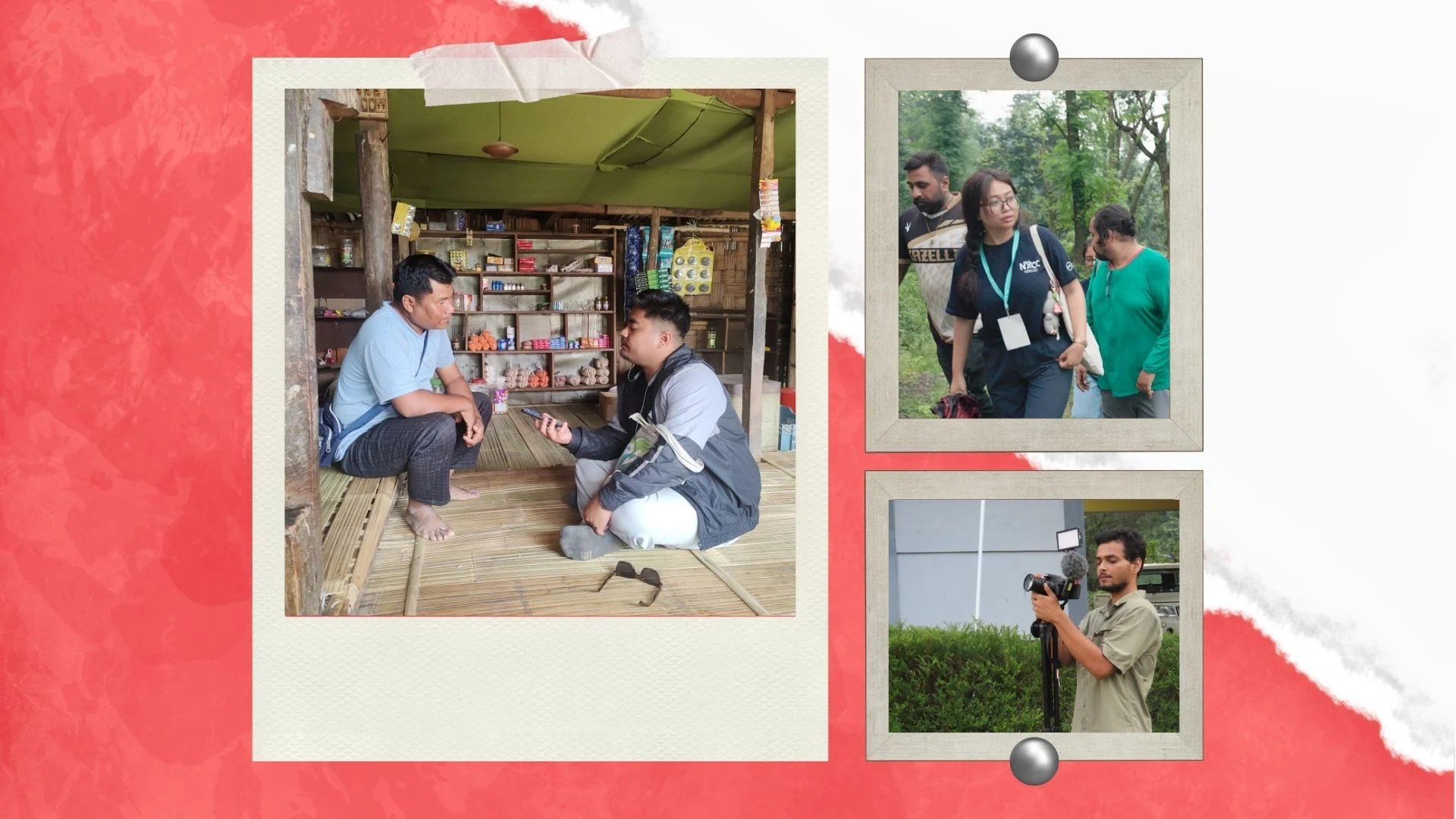The two words that we are hearing repeatedly across the world in relation to the COVID-19 crisis, are ‘unprecedented’ and ‘uncertainty’. In India, we are seeing both the health and economic impacts play out in tragic ways, where large crowds of migrant workers are walking hundreds of kilometres just to see their families, people have no food to eat, and citizens are being penalised by the authorities for ‘not observing physical distancing’.
Aside from the health impacts we are already seeing, the lockdowns across more than 100 countries have created a short-term collapse in global output. Some reports suggest that “this already seems likely to rival or exceed that of any recession in the last 150 years”. Additionally, as already visible, in the months following the pandemic, few industries will be able to avoid being either reformed, restructured, or removed.
There is no question that now more than ever, we need strong leadership, and we need it at all levels.
There is no question that now more than ever, we need strong leadership, and we need it at all levels—within our governments, the private sector, communities and neighbourhoods, schools, religious institutions, medical institutions, and civil society organisations.
While swift action and decision making may be the need of the hour, in these times of living apart, we also need connection, community, and compassion. We need abundance in leadership. It is those leaders who have mastered looking inwards, and have a deep sense of awareness about their purpose, that will be more resilient and able to stand in their power, in the face of these volatile, complex, and ambiguous times.
Related article: Check yourself, before you wreck yourself
What is Abundant Leadership?
Above all, an Abundant Leader recognises that while focusing on strengthening outward-facing attributes and skills is a crucial component of being effective, it is the ‘inner game’ of self-awareness, introspection, contemplation, and having a growth mindset, that really matters. In fact, mastering the inner game expands a leader’s capacity to excel at the outer one.
Conceptually, Abundant Leadership is not an idea with rigid boundaries, nor is it a framework or set of distinct characteristics that can be checked off a list. Instead, by encompassing a broad range of attributes and aspects that derive from our deeper human capacities—emotional intelligence; self-care and inner well-being; operating from a place of purpose and instinct; expressing compassion and authenticity—it is both inclusive and expansive.
An Abundant Leader must walk a lifelong path of building self-awareness. If we take effectiveness to be the sum of a leader’s vision, their ability to build an organisation and teams, and ultimately to make a contribution, this mastery is critical. Taking cognisance of this is one of leadership’s greatest responsibilities, and ultimately what will enable them to be resilient, and make decisions for the greatest good. In unprecedented times such as the COVID-19 crisis we are living through, the degree of inner mastery is what will separate the good leaders from the great ones.
There are two important questions Abundant Leaders ask themselves.
When leaders talk about being effective, they are typically referring to their ability to multi-task, manage people, delegate, involve stakeholders, meet deadlines, and so on. While this is important, it focuses heavily on ‘doing’. What leaders look at less often is who they are ‘being’.
Regardless of where an individual may be on their leadership journey, they need to prioritise their own growth in order to grow their cause.
In a resource-constrained sector, this is especially the case with leaders who must wear multiple hats at all times. Unlike in the private sector, where a leader can develop strategy and delegate execution across levels of their organisation, in the social sector there may not be a second or third line of management to delegate to. Thus, much of the work falls on the leader themselves. In some cases, I have seen a propensity among social change leaders to closely oversee everything, because there is a fear that without that, quality might dip. Even leaders with a great deal of self-awareness can fall into this trap of not letting go, as their emotional patterns get the better of them.
Using the lens of inner work, a leader can develop an orientation towards ‘being’, which in other words is how they show up in situations. Deepening one’s focus on ‘being’ is a fundamental orientation to self-inquiry and growth. Regardless of where an individual may be on their leadership journey—whether they are team leaders, CEOs, or experts in their field—they need to prioritise their own growth in order to grow their cause.
In times of strife, and through the hardest decisions that leaders will have to make, a leader who leads the self towards care and compassion, will lead their people and organisation in the same direction.
Related article: How to successfully navigate organisational change
Is the leader’s purpose—what they want to create and the legacy they wish to leave behind—aligned with the purpose of the organisation or the cause? Partial alignment is not good enough. In fact, full alignment, much like the Japanese concept of Ikigai—which looks at the convergence of passion, mission, vocation, and profession—is ultimately the goal. And it is much easier said than done.
For instance, a leader whose purpose is responsible research, and knowledge creation and dissemination, despite best intentions, will not function at potential when serving an organisation whose purpose is primary education of children in underserved communities, or a crisis-intervention centre for survivors of domestic violence. Both purposes are just and may complement each other in the ecosystem, but are not aligned for the individual.

Mastering the inner game expands a leader’s capacity to excel at the outer one. | Picture courtesy: Wallpaper Flare
How to become an Abundant Leader
It’s important to note that there are lots of different doorways to starting to explore an inner orientation—whether it is born out of a teaching, an inspiring co-worker or supervisor, a moving article, or a life experience. What matters most is that we value and give expression to our deeper human qualities: our emotional intelligence, our ability to operate through values with empathy, creativity, story-telling, humour, and an investment in relationships. We must commit and nurture this part of ourselves.
This of course does not happen quickly, nor is it a one-time effort.
There is a need to take a hard look at who we are as leaders, and what aspects we need to grow into.
For one, it entails suspending the aura of being a leader, with all its external validation. This can be especially difficult for charismatic leaders, whose organisational brand can become deeply intertwined with the leader themselves. In the social sector, in India especially, there are few stories of organisations that have successfully transitioned from being founder-led, even after decades of work and acclaim. There is a need to take a hard look at who we are as leaders, what aspects we need to grow into, and when it might make sense to step back and bring in others who can do the task better. This is work we must do through the course of our journey as individuals, and those are the kinds of leaders we will become. The good news is that there is no single path; in fact, there are many routes to inner work and well-being that we can take.
Today, there is no dearth of information about how to build different well-being practices into our daily lives. Leaders today often get support in the form of having a coach or visiting a therapist. People need to research and experiment with what works best for them, and upon finding that, stick with it. Persistence is key.
A leader can work on being abundant across three areas
Commit to a somatic practice. Most people today are conscious of exercising, doing yoga, eating healthy, and sleeping well. If you aren’t, it is a good place to begin. This work is foundational and lends itself to increased physical and emotional energy, mental clarity, and relaxed body states even during times of stress.
Shift your orientation away from time management alone, and towards energy management.
Second, shift your orientation away from time management alone, and towards energy management. Often, social change leaders, being extremely stretched, focus on time management and multi-tasking; they seldom switch off. While there is a need for leaders to be opportunistic, especially around funding cycles, this approach cannot be pursued endlessly. Most people today do not operate with the awareness of how much energy they have daily, nor how they are choosing to spend it. If however, as a leader, you can pay attention to that by being in tune with your body, you might find that you are poised for being more present in the moment, and have more clarity on what decision will work best for the greater good.
Somatic work, such as somatic experiencing, can also be a doorway into personal work addressing things that lie deep within us. Oftentimes these are the things that inform the way we live today, and in working with them we can open up to new ways of being.
Leaders are valued and validated for being rational, for operating through tightly constructed frameworks and protocols (in the guise of professionalism), for using short-term technical solutions to adaptive problems, and for having a flair with fundraising. I am fond of telling my clients: use your intelligence to get past mere intelligence. By this I mean, trust your instincts and wisdom, your intuition, and make decisions balancing both facts and unknowns. Further, do the work to challenge existing beliefs you have held, understand how they might not be serving you today, allow for a culture of open sharing, and above all, give yourself permission to make mistakes.
Human beings are emotional beings. Leaders who develop their ability to tap into emotional resources as well as regulate their emotions are likely to forge deeper connections, to understand the needs of others and influence others in positive ways, and to operate from a shared purpose. Abundant Leaders understand that emotions cannot be labeled as positive or negative, but that accessing emotions can enable responses that are timely and appropriate.
Related article: Mental health at work
Meditation: A vehicle to start your journey with inner well-being
Alongside this work, there is the need for a meditation practice, and for cultivating the discipline of doing it daily. Meditation has the potential to take the work of body-mind-emotions to a profound level. The goal, ultimately, is not to be a regular meditator or to simply go through the motions, but to become meditative, and move through the world with a level of awareness you did not previously have. This will enable you, as a leader, to grow beyond reflection, introspection, and contemplation. It builds in you the capacity to respond with equanimity, moment to moment, especially during difficult and stressful periods. Over time, with consistent and dedicated practice, this becomes second nature.
Once you become a meditative leader, you are abundant in the following ways:
- Leadership becomes your natural self-expression. It goes beyond being a finite set of attributes or best practices, and becomes instead who you are from moment to moment, and what you embody.
- You manage your energy, not your time, which in turn gives you clarity of vision and makes achieving goals that much easier.
- You are authentic and secure about who you are. This allows you to be more vulnerable and more curious. You are able to chart your own course while staying aligned to purpose, principles, and values.
- You are empathetic and compassionate. Compassion brings deep acceptance of ‘what is’, not ‘what should be’, and it affords non-judgment. Perfection is no longer the goal, genuine human connection is.
- You trust, first and foremost. It is your centre.
- You are a keen observer, in tune with your body, mind, and emotions, able to exercise judgment for the greatest good of all.
- You use language optimally. You develop a deep appreciation for silence, for holding a space for others, for allowing deeper insights to emerge.
- You value collective consciousness, the wisdom that resides with each stakeholder, irrespective of traditional hierarchies.
As the world weathers this storm, people—both in their capacity as individuals, as well as, as leaders of organisations—face an existential threat. What will survive? What will sustain? What will flourish? Living apart, we wake up every morning and are forced to meet ourselves. We confront our fears, anxieties, and confusion, but we also meet our calm, clear, and resilient selves. In my opinion, Abundant Leaders, having mastered the inner game, will ultimately be better equipped to power through the outer one we find ourselves in.
Disclaimer: Garima Deveshwar-Bahl sits on the board of IDR.
—
Know more
- Explore The Well-being Series for more articles on the important but often-overlooked connection between inner well-being and effective social change.
- Learn about ‘virtual relating’ and how people can build and deepen connections with others, online.
- Read more about what meditation can do for your leadership, and why leaders need meditation now more than ever.





